May 02
Educational Injustice and the Struggle for Liberatory Education

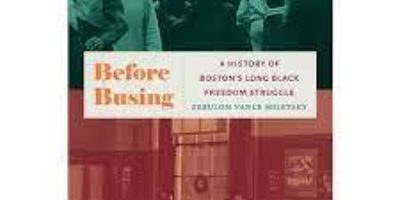

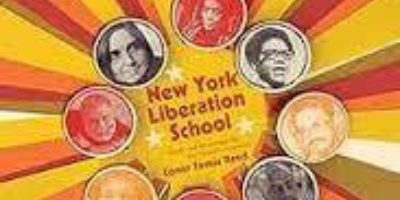
Speakers
-
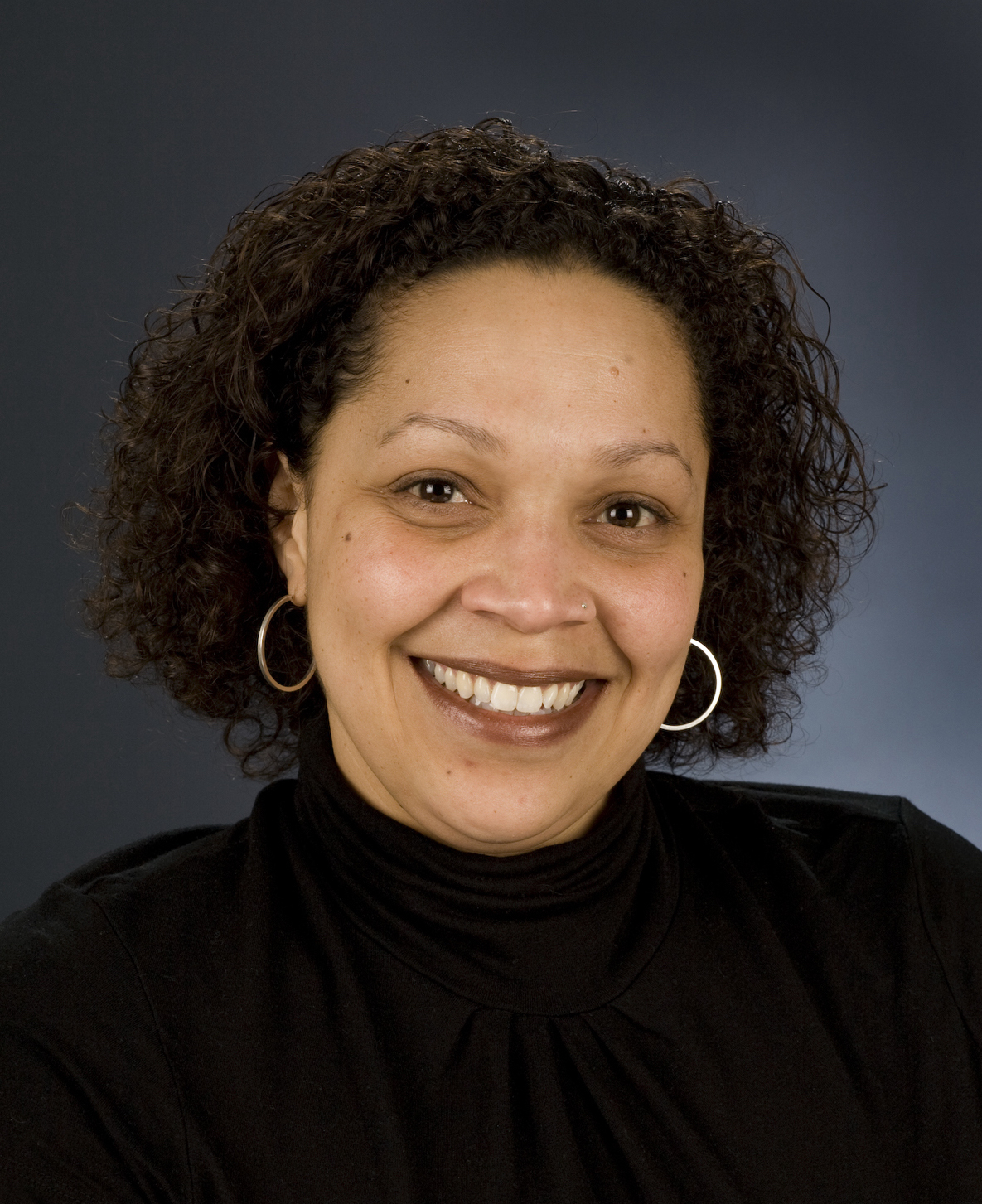
Leslie Alexander
Rutgers University
I am a specialist in early African American and African Diaspora history, focusing on late eighteenth and early nineteenth century Black culture, political consciousness, and resistance movements. Currently, I am the Dr. Martin Luther King, Jr. Professor of History at Rutgers University.
My first monograph, African or American?: Black Identity and Political Activism in New York City, 1784-1861, explores Black culture, identity, and political activism during the early national and antebellum eras. I am also the co-editor of two collections, “We Shall Independent Be:” African American Place-Making and the Struggle to Claim Space in the United States and the Encyclopedia of African American History, and I am the author of the widely read op-ed piece, “The Birth of a Nation is an Epic Fail,” which appeared in The Nation.
My second monograph, Fear of a Black Republic: Haiti and the Birth of Black Internationalism, examines how Haiti's rise as the first Black sovereign nation in the western hemisphere inspired Black political activism in the United States during the nineteenth century, especially in the realm of foreign policy. Specifically, it charts the long history of U.S. foreign policy towards Haiti from 1804 to the present, and reveals how the struggle for Haitian sovereignty inspired U.S. Black activists to develop a transnational political consciousness and to shape U.S. foreign policy towards African diasporic nations. It also exposes why the U.S. government denied Haiti’s sovereignty for several decades, how U.S. Black leaders pressured the U.S. government for changes in its foreign policy towards Haiti, and what the debate over Haitian independence revealed about the larger battle over race and slavery throughout the Atlantic World. To learn more about this project, click the link to the right.
My newest research project, which will become my third monograph, is tentatively titled “How We Got Here: Slavery and the Making of the Modern Police State.” Intended for a general audience, this project argues that modern-day systems of policing, surveillance, and punitive control of Black communities are traceable to the eighteenth and nineteenth centuries, when white people desperately sought to control a large unfree population who refused to submit to their enslavement. Despite growing public awareness that mass incarceration has its roots in slavery, and that racial bias infects all aspects of our criminal justice system, our nation has yet to reckon with the reality that contemporary systems of policing and mass criminalization have powerful, significant histories that originated in white fear—not merely of Black people, but also of Black resistance and the very notion of Black freedom. Black people’s desire for liberation and the inevitability of Black resistance haunted white people, driving them to extreme measures. Throughout the eighteenth and nineteenth centuries, white Americans lived in a constant state of terror, nervously worrying when and where the next uprising would occur. To curb their fears, white authorities enacted laws to monitor and control Black people’s movements, interactions, and even their cultural activities. Gripped with anxiety, theypassed a network of laws, policies, and social practices, such as slave patrols, that remain endemic in how this nation still fears Black Americans as violent, criminal, and untrustworthy. Creating a precedent for state policing and social control that tormented future generations of Black people in America, colonial, state, and federal authorities implemented a complex web of legal codes, patrols, and militias that monitored and governed Black people’s lives in sickening detail, regulating their movement and ensuring that whites felt empowered to use all means—legal and extralegal—to control Black lives. Ultimately, this project argues that if we ever hope to defeat and destroy the systems of social control that plague Black people’s lives, we must have an honest reckoning with the omnipresent white fear that has created, sustained, and fortified them. A portion of this research appears in a chapter co-authored with Michelle Alexander (author of The New Jim Crow) in The 1619 Project: A New Origin Story.
I have been fortunate to receive several prestigious fellowships, including the Ford Foundation Senior Fellowship, and I have given considerable service to the discipline. I am the immediate past President of the Association for the Study of the Worldwide African Diaspora (ASWAD), and an Executive Council member of the National Council for Black Studies (NCBS). I also serve on the Advisory Councils for the Journal of African American History, The Black Scholar, and the International Journal for Africana Studies.
I received my B.A. from Stanford University and my M.A. and Ph.D. from Cornell University. During my career, I have won several significant awards including the coveted University Alumni Award for Distinguished Teaching and the University Distinguished Diversity Enhancement Award at Ohio State University (OSU).
-

Zebulon Vance Miletsky
Stony Brook University
Dr. Zebulon Vance Miletsky is an Associate Professor of Africana Studies. His new book "Before Busing: A History of Boston’s Long Black Freedom Struggle" is being published by the University of North Carolina Press for release in December 2022. Dr. Miletsky is an historian specializing in recent African-American History, Civil Rights and Black Power, Urban History, Mixed Race and Biracial identity, and Hip-Hop Studies. His research interests include: African-Americans in Boston; Northern freedom movements outside of the South; Mixed race history in the U.S. and passing; and the Afro-Latin diaspora. He is the author of numerous articles, reviews, essays and book chapters and is currently working on an edited volume on new directions in Boston African American History and school desegregation. He is also at work on his second monograph, a history of interracial marriage and racial passing in Boston and in Massachusetts. Ph.D.; African-American Studies with a concentration in History, University of Massachusetts at Amherst, 2008.
-
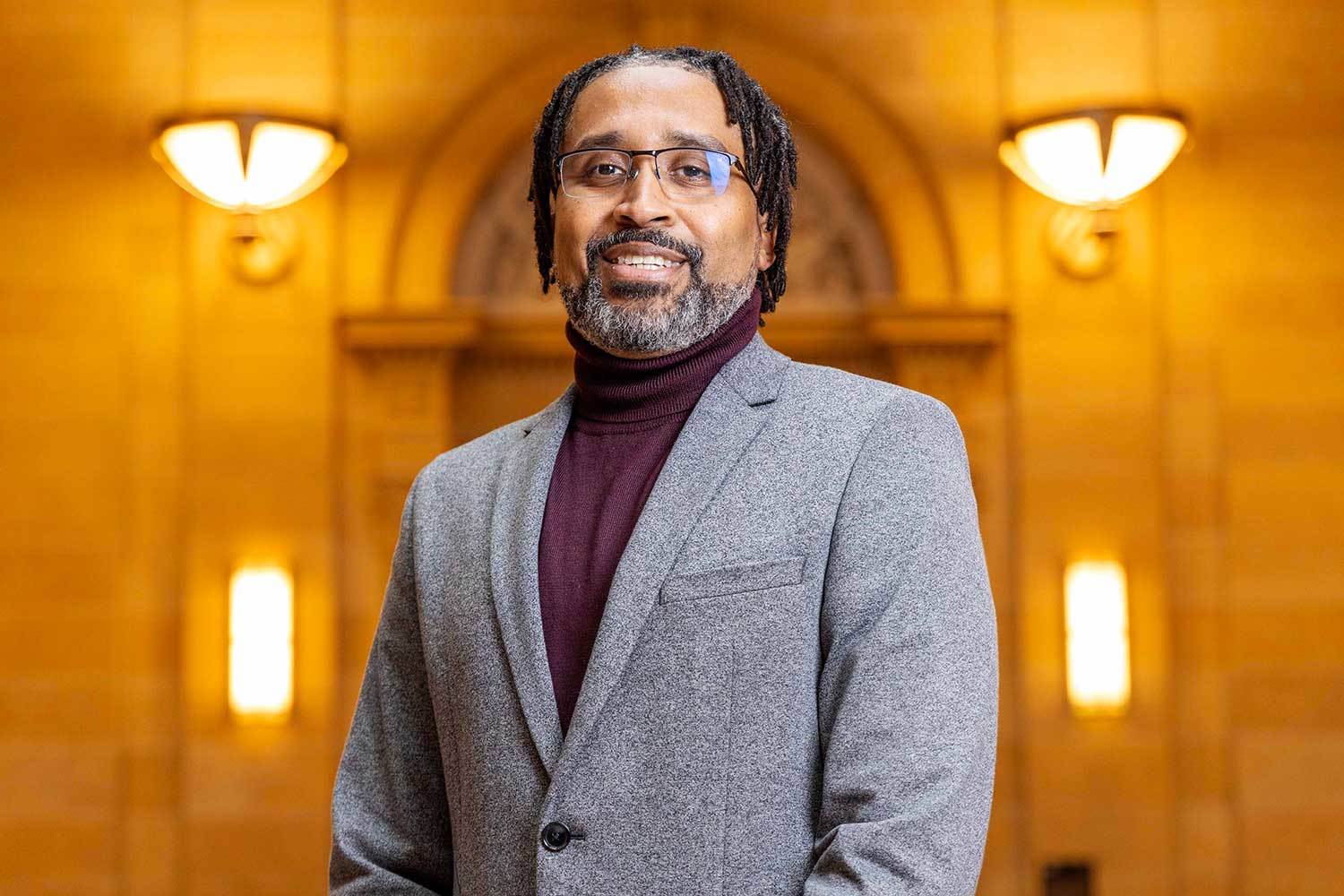
Keith Mayes
University of Minnesota
Keith Mayes, Ph.D., is an associate professor in the Department of African American & African Studies in the College of Liberal Arts at the University of Minnesota.
Mayes is an expert on African American history, primarily from the 1960s to present. He has special expertise on social and political movements and current issues of race and perception.
Mayes is available for media interview on the topics of race in the news, race and perception, Black men, civil rights commemorations, civil rights policies, Black Power Movement (leaders and organizations, e.g., Stokely Carmichael, Black Panther Party), Black History Month, Kwanzaa and other Black holidays, social and racial justice, and policy outcomes of the movements.
-
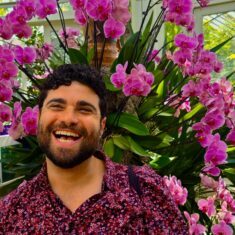
Conor Tomas Reed
Shape of Cities to Come Institute
Conor ‘Coco’ Tomás Reed (all) is a Puerto Rican/Irish gender-fluid scholar-organizer of radical cultural/pedagogical movements in the Americas and the Caribbean, and the Program Director of the Shape of Cities to Come Institute.
Coco’s new book New York Liberation School: Study and Movement for the People’s University (Common Notions) chronicles the rise of Black, Puerto Rican, and Women’s Studies and movements at the City College of New York and in New York City, as well as CUNY’s post-9/11 opposition to US imperialism, colonialism, and carcerality. Coco is also developing the quadrilingual anthology Black Feminist Studies in the Americas and the Caribbean (Malpaís Ediciones) with co-editors Diarenis Calderón Tartabull, Makeba Lavan, Tito Mitjans Alayón, Violeta Orozco Barrera, and Layla Zami. They are the current co-managing editor of LÁPIZ Journal and a contributing editor of Lost & Found:The CUNY Poetics Document Initiative.
Coco has been immersed in almost two decades of struggles at the City University of New York and in New York City around transforming education and public space, anti-imperialism, police and prison abolition, solidarity with Palestine and Puerto Rico, reproductive rights, housing justice, and beyond. Their work can be found in print and online via AK Press, ASAP/Journal, Berkeley Journal of Sociology, Distributaries, El Centro Press, The New Inquiry, Verso Books, Viewpoint Magazine, Wendy’s Subway, and elsewhere.
~~~~~~~~~~
Conor ‘Coco’ Tomás Reed (tode) es un puertorriqueñe / irlandés de múltiples géneros erudite y organizadore de movimientos culturales pedagógicos radicales en las Americas y el Caribe, y directore del programa del Instituto Shape of Cities to Come.
El libro nuevo de Coco, New York Liberation School: Study and Movement for the People’s University (Common Notions), relata el surgimiento de los estudios y movimientos negros, puertorriqueños, y de mujeres en el City College de Nueva York y en la ciudad de Nueva York, así como la relación de oposición de CUNY posterior al 11 de septiembre con el imperialismo, colonialismo, y carceralidad estadounidense. Coco también está desarrollando la antología cuatrilingüe Black Feminist Studies in the Americas and the Caribbean (Malpaís Ediciones) con les coeditores Diarenis Calderón Tartabull, Makeba Lavan, Tito Mitjans Alayón, Violeta Orozco Barrera y Layla Zami. Elle es el editore codirector actual de LÁPIZ Journal y editore colaborador de Lost & Found: The CUNY Poetics Document Initiative.
Coco ha estado inmersa en casi dos décadas de luchas en la City University de Nueva York y en la ciudad de Nueva York en torno a la transformación de la educación y el espacio público, el antiimperialismo, la abolición de la policía y las prisiones, la solidaridad con Palestina y Puerto Rico, los derechos reproductivos, la justicia habitacional, y más allá. Su trabajo se puede encontrar impreso y en línea a través de AK Press, ASAP/Journal, Berkeley Journal of Sociology, Distributaries, El Centro Press, The New Inquiry, Verso Books, Viewpoint Magazine, Wendy’s Subway y otros lugares.